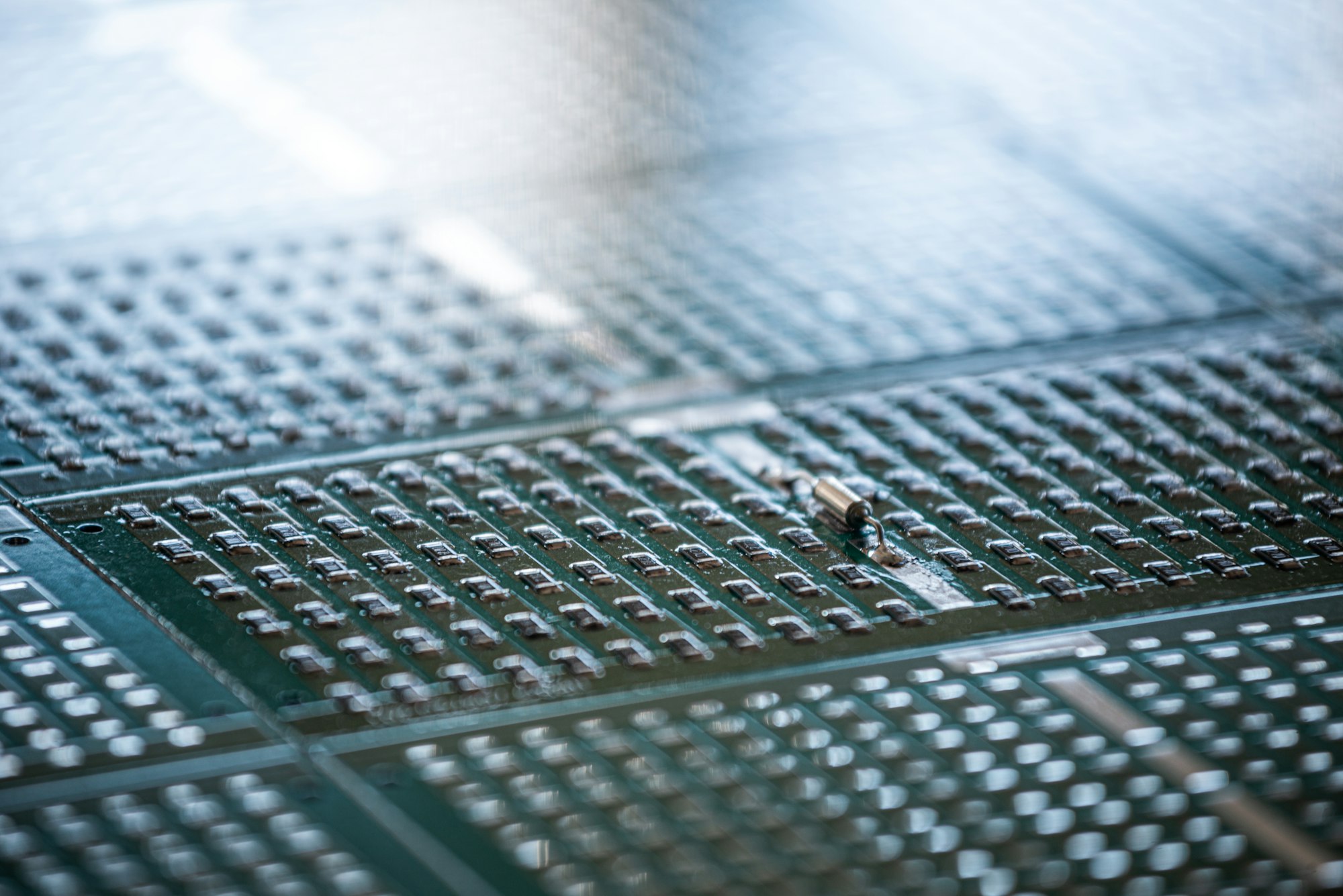A Crucial Dialogue with Japan and the Netherlands
A key American leader is gearing up to engage with counterparts in Japan and the Netherlands, aiming to tighten the reins on China’s semiconductor capabilities. These discussions are pivotal, as they focus on restricting China’s ability to manufacture advanced memory chips that power cutting-edge AI applications—chips that are the backbone of future technologies.

Zeroing In on Tech Giants
The spotlight is on industry behemoths like ASML Holding NV and Tokyo Electron Ltd. The US’s strategy involves persuading these tech titans to cut off the supply of essential technologies to China, thereby stifling its progress in developing these vital chips.
Global Stakes in Tech and Security
The Power of High-Bandwidth Memory
These high-bandwidth memory chips are not just components; they are the lifeblood that boosts AI systems, enhancing their speed and intelligence. This technology is crucial not only for economic advancements but also for military applications, making it a strategic asset in the global tech arena.
Shaping International Dynamics
The US’s appeal to its allies underscores the significant role semiconductor technology plays in international relations and trade. This move is a clear indicator of the deep-seated geopolitical tensions that influence technology transfer and economic security worldwide.
Explore the strategic maneuvers by the US to curb China’s AI advancements by limiting access to essential semiconductor technologies through collaborative efforts with Japan and the Netherlands.

Frequently Asked Questions
1. Why is the US so concerned about China’s advancements in AI chip technology?
The US is worried because these advanced AI chips, especially high-bandwidth memory chips, are crucial for powering not only the next generation of AI technologies but also for potential military applications. The fear is that if China becomes too advanced in this area, it could shift the balance of both technological and military power globally, impacting international security and economic stability.
2. What role do companies like ASML Holding NV and Tokyo Electron Ltd play in this situation?
Companies like ASML and Tokyo Electron are at the forefront of semiconductor technology. They possess the tools and expertise that are essential for producing advanced chips. The US is urging these companies to restrict their dealings with China to prevent the transfer of cutting-edge technology that could enable significant advancements in Chinese AI capabilities.
3. How might this affect global trade and international relations?
The US’s actions to limit China’s access to essential semiconductor technologies could heighten tensions and lead to a kind of technological cold war, where major powers compete to control access to key technologies. This could result in trade barriers, sanctions, and a shift in alliances. It underscores the intricate link between technology, trade, and geopolitics, where every move can have wide-reaching implications on international relations and global economic landscapes.
Sources Bloomberg


